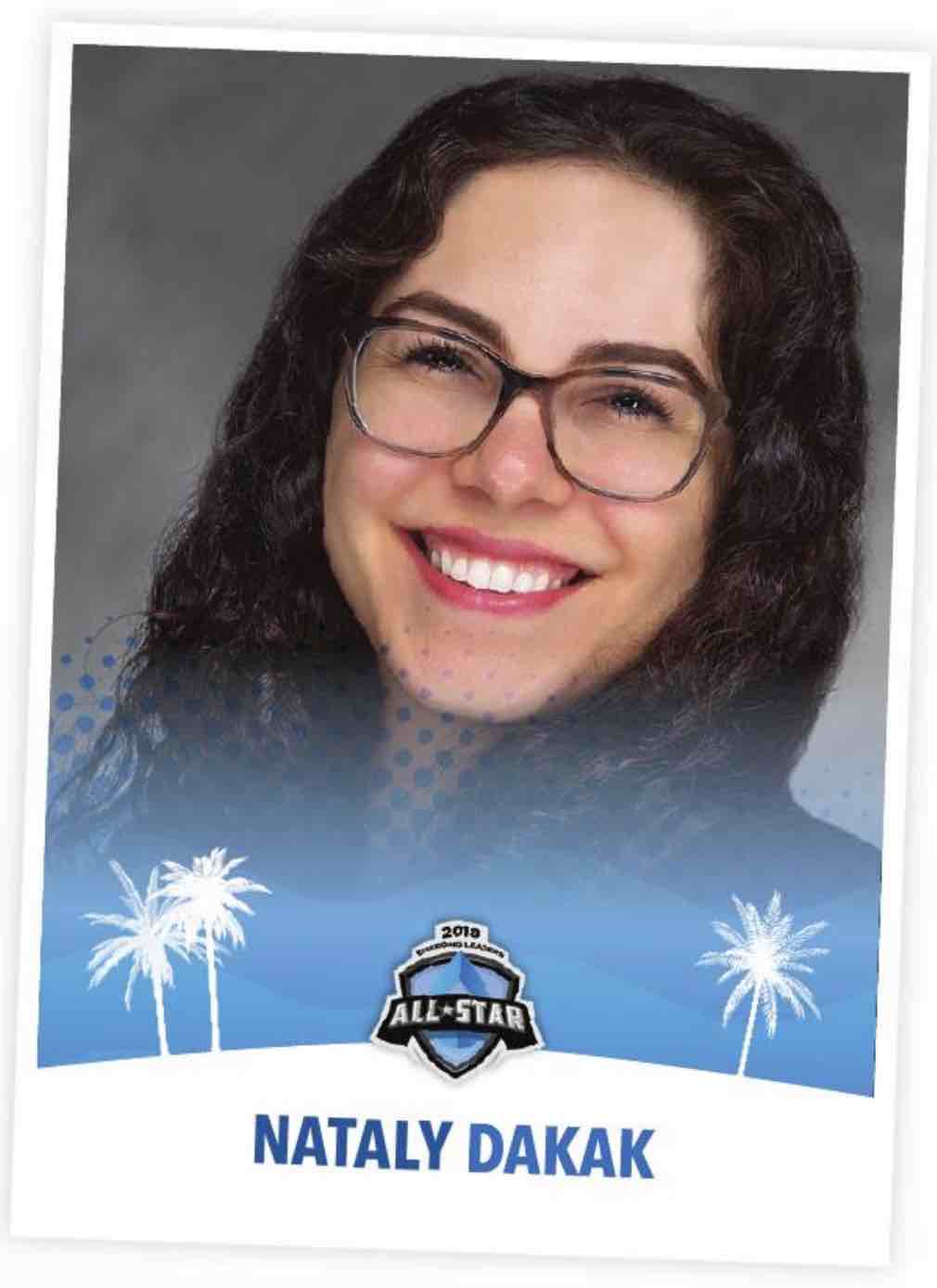
She’s an environmental engineering associate at the City of Los Angeles Bureau of Sanitation, and has responsibility for enforcing the Industrial Waste Control Ordinance and the USEPA wastewater pretreatment standards.. Her passion with water systems developed during her undergraduate studies as a water quality researcher which allowed her to be on the front line of cutting edge research of water quality improvement.
“I became passionate about saving the environment in high school,” she says. “I wanted to drive a Prius. I was intrigued by recycling and water scarcity. I thought what better way to accomplish environmental issues than by becoming an environmental engineer.””
Her nominators, Nic Tolentino and Manik Mohandas of LA Sanitation, believe she made the right choice. Since joining the Bureau, they point out, she’s realized her long-time aspiration of advocating for public health and the environment. “She’s deeply committed to and involved in preserving water. She played an exemplary role in reducing potable water consumption for auto wash industries within the city, and helped formulate the wastewater discharge policy for the city’s Ebola Treatment Centers.”
Says Mohandas, “Nataly brings cheer, energy and wealth of knowledge to the permitting and enforcement group.”
That’s not always easy. “You sometimes have industries blaming us for regulations we’re just trying to implement,” Dakak explains about her dealings with some 160 significant industrial users. “It can be challenging.”
Attracting women and young people into the water profession is just as challenging.
She has volunteered in professional programs for different grades of students, trying to get them interested in STEM fields. “It’s nice to interact with students one-on-one,” she says. “They might be scared or intimidated by the field. When they see a woman in the profession they might be more motivated (to try). I serve as a mentor. They get to ask me questions.”
And if they ask about recycled wastewater, she’ll assure them it’s the wave of the future. “Our mayor has set a goal of recycling 100 percent of our wastewater by 2035,” she says. “It’s really important that we communicate and convince the public that direct potable reuse is the solution.”